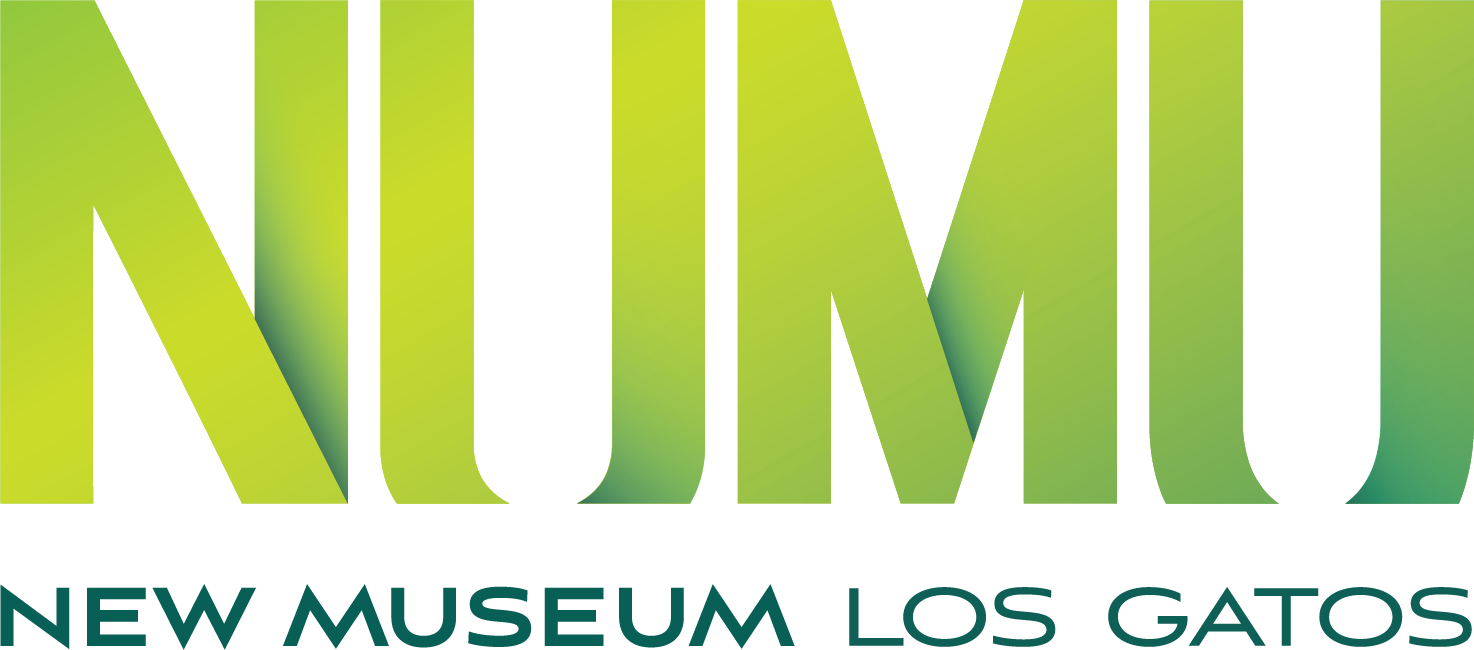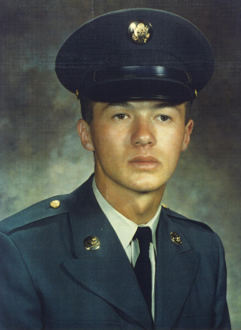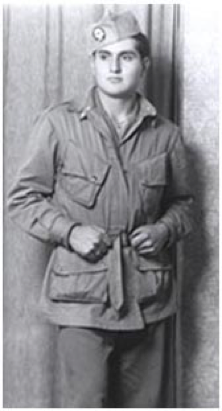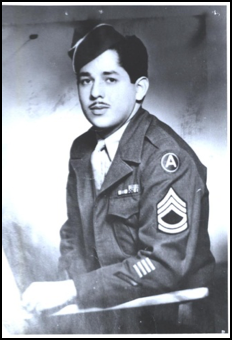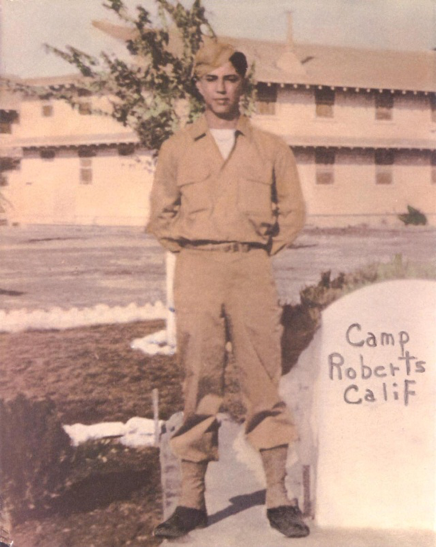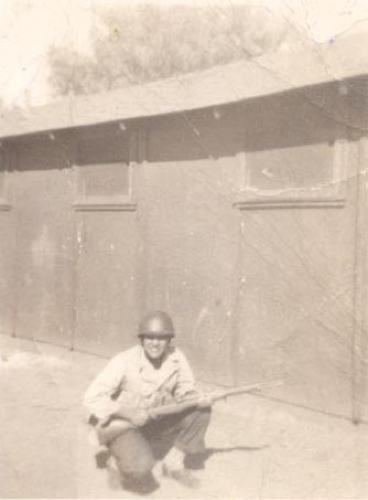In 2016, NUMU partnered with the Muwekma Ohlone, the people indigenous to this area, to create an exhibition that highlighted the history, heritage, and legacy of their tribe. Today, as NUMU renews that partnership, we are sharing the content of that exhibition again throughout the month of November -- Native American Heritage Month -- in order to celebrate the Tribe’s vibrant culture, as well as acknowledge the continued existence of the Muwekma Ohlone peoples.
20TH CENTURY FIGHT FOR RECOGNITION
In the early 1980s, many Muwekma families came together to further research their tribal history and genealogy in another attempt to gain federal recognition. In 1989, the Muwekma Tribal Council passed a resolution to petition the U.S. Government for Federal Acknowledgment. On May 24, 1996, the Bureau of Indian Affairs' Branch of Acknowledgment and Research made a positive determination of “previous unambiguous Federal Recognition” stating that: “Based upon the documentation provided, and the BIA's background study on Federal Acknowledgment in California between 1887 and 1933, we have concluded on a preliminary basis that the Pleasanton or Verona Band of Alameda County was previously acknowledged between 1914 and 1927.”
THE FIGHT CONTINUES
In 1998, the tribe was placed on the BIA’s 24-year-long waiting list for the reconsideration of Federal Acknowledgment. The Muwekma Tribal Council decided this was unacceptable so the council took legal action.
On December 8, 1999, the Muwekma filed a lawsuit against the Department of the Interior. On June 30, 2000, Federal District Judge Ricardo M. Urbina ruled in favor of the Muwekma Tribe and ordered the Department of the Interior to expedite the Muwekma’s petition. Sixteen years later, despite the expedition order, the Muwekma have not received Federal recognition and continue to fight in court.
In California, many local governments and elected officials recognize the legitimacy of the Muwekma Ohlone Tribe’s claims for Federal recognition, and call for the U.S. government to restore their status as a federally recognized tribe, including: the County of Santa Clara, the City of San Jose, the San Francisco Board of Supervisors, and the California Secretary of State.
CURRENT ISSUES AND PRESENT-DAY OHLONE
The Muwekma have developed strategies of empowerment and stewardship over their ancestral cemeteries and villages as these heritage sites are uncovered and threatened by development.
The Tribe created its own Cultural Resources Firm, Ohlone Family Consulting Services, in order to gain direct access to their ancestral heritage sites, conduct archaeological excavations, and participate in the analysis and publication of the findings themselves as a way to reclaim ownership of their ancestors, history, heritage, and artifacts.
The Tribe’s language committee actively renames ancestral heritage sites in the Chochenyo and Thámien languages as part of reclaiming their presence and enhancing their visibility, reversing the colonialism that sought to erase Native American culture, language, religion, and identity.
The Muwekma Ohlone Tribe eventually anticipates a positive outcome in their efforts to regain federally recognized Tribal status through the reconsideration of the evidence that was submitted in their petition but ignored by the Office of Federal Acknowledgement.
IN HONOR OF OUR LOCAL VETERANS
Even before California Native Americans legally became citizens in 1924, during World War I Muwekma men enlisted and served overseas in the various branches of the United States Armed Forces, and four of them are buried at the Golden Gate National Cemetery. Another is buried at the National Cemetery in Riverside, California.
During World War II, almost all of the Muwekma men served overseas in all branches of the Armed Forces in both the Pacific and European Theaters, including the 101st Airborne, 82nd Airborne Division, 3rd Army Patton’s Tank Division, and 1st and 2nd Marine Divisions. Muwekma men and women continued to serve in Korea, Vietnam, Desert Storm, and more recently, three tribal members served in the U.S. Marine Corps and Army in Iraq.
We acknowledge that New Museum Los Gatos sits on the ancestral land of the Ohlone, the Tamien Ohlone, and the Muwekma Ohlone people, who have stewarded this land throughout the generations. We recognize their connection to this region and give thanks for the opportunity to live, work, and learn on their traditional homeland. We pay respect to their Elders and to all Ohlone people, past, present, and future. This is one step towards creating a safe place for the community to learn from the past, dialogue about the present, and move forward.
To learn more about the Muwekma Ohlone Tribal Council and how you can support the Tribe, visit their webpage at muwekma.org and follow them on Facebook and Instagram.
